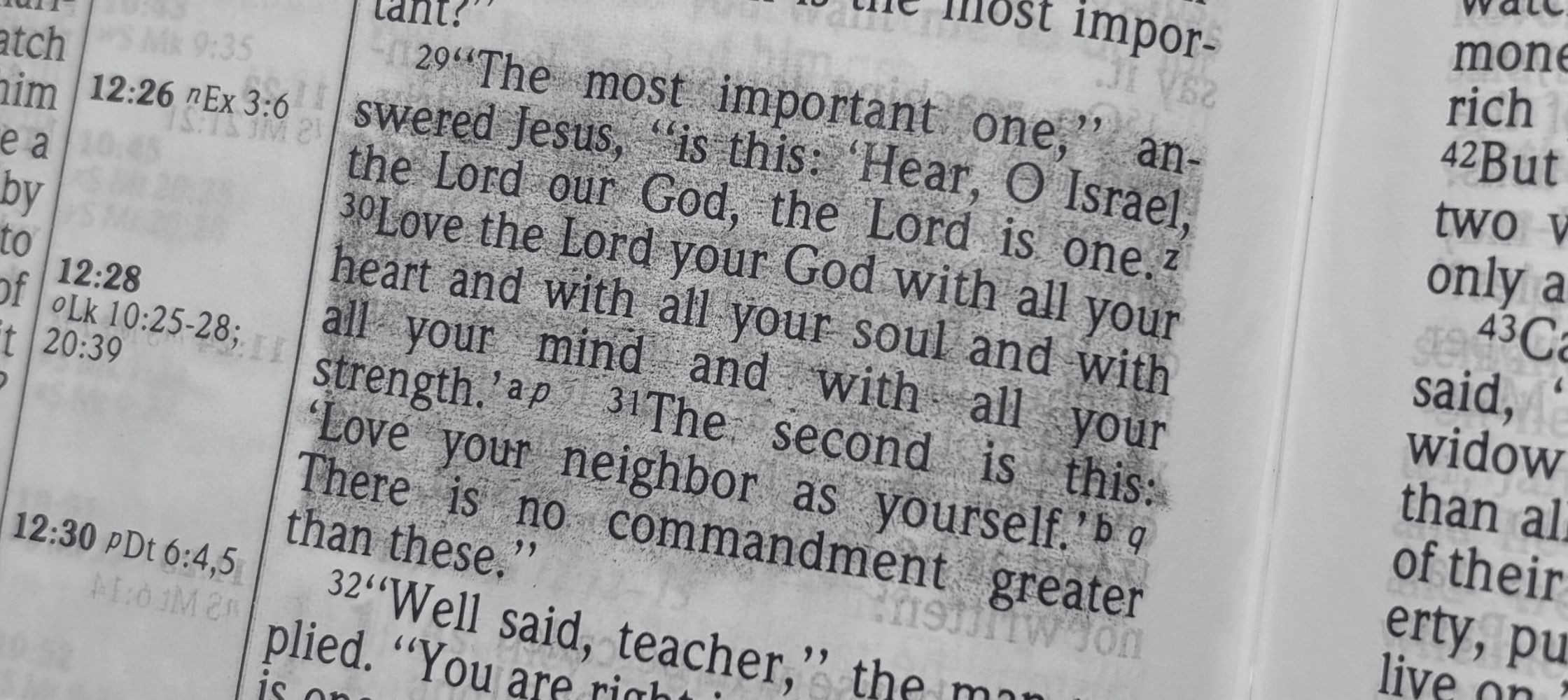Thank you! Your submission has been received!
Oops! Something went wrong while submitting the form.

By: Robert E. Zink
March 4, 2024
“Even if it (deism) happens to be true, it’s not useful.” Does that mean that any religion, and more specifically Christianity, is only as beneficial as it is useful? By uttering these words, that seems to be what Benjamin Franklin is implying. Biographer Walter Isaacson shares that Franklin looked at everything through the question, ‘Is it useful?’ Such a worldview led Franklin toward the many ambitions and inventions that he is remembered for today. Yet, this hardly seems to be the question to ask about God.
When we talk of God, the first questions we expect to be asked are the ones that probe aspects like, "Does He exist?" or “Is he good or truthful?” These are the conversations we expect to have with unbelievers about God before anything else. These questions instill fear into us and give motivation towards our refrain from the Great Commission because we’re uncertain about how we might respond if faced with them. Yet, there is something for us to consider in Franklin’s own thinking because I think there are more people who think this way than we may acknowledge. Therefore, there is an aspect in which we need to address the usefulness.
I know that when people think about whether or not God is useful, what comes to mind is something along the lines of the typical accusation that Christianity is a crutch, something or someone that people have to rely upon just to make them feel better in hard times. That's not the usefulness I think of when I think of God. Instead, I think of some specific implications about God, considering that if we didn't have God, we would be left to ourselves in sin.
Therefore, there are some critical realities about where God is useful worth considering, such as the following:
There is often the analogy about how a diamond is placed next to a black cloth because by doing this, the brilliance of the diamond sparkles more effectively. That’s the case here: the blackness of sin reveals the usefulness of God.
In an age of self-sufficiency, it is essential that the usefulness of God be addressed. In doing so, He becomes relevant to the individual lives of each person. That's why, when reading Benjamin Franklin's quote, I was struck a bit that his thoughts 150 years ago are relevant to the thoughts today. To do so means, though, that we have to address the nature of sin upfront because only when we have shown how awful sin is does the work of God show more brightly.
However, there is an important notion to consider here. I think it's wrong to reduce God only to His usefulness to humanity. God is majestic, and in that glory, He reigns over all things. He is worthy of devotion not just because He is useful but because of who He is.
And we must never forget that point. We are on the receiving end of spectacular blessings from God, specifically His vanquishment of sin and its effects on our lives. And yet, God is of infinite worth and weight simply because of who He is.
Because we live in a culture that constantly asks, 'What's in it for me?' sometimes we need to address that in the gospel, perhaps more clearly and frankly than we sometimes do. Yet, I wouldn't stop there. In the process, continue to declare the glory of God as well.
